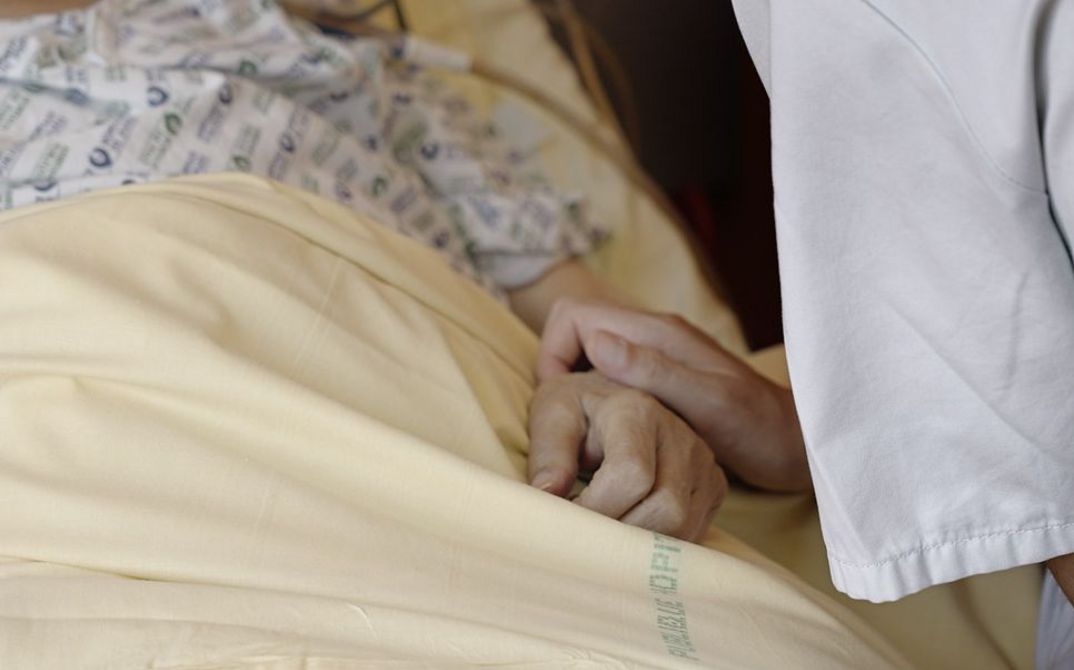“Everything about being sick is written in our bodies first and sometimes written in notebooks later”, writes Anne Boyer in “The Undying. A Meditation on Modern Illness” (2019), a personal examination of disease in the 21st century. One recurring theme of the American poet and essayist’s book is the translation of bodily processes and experiences into language. Boyer ascertains that a fundamental systemic shift occurs upon entry to the space of medicine. Information from within is ultimately newly classified according to a system imposed from a far-off without. The language of the body becomes a medical “dialect”.
The question of the translatability of bodily experience is also posed in documentary films that give an account of physical changes, disease and the pain and suffering caused by violence. How can something directly written into the body even be represented or grasped in filmic language? What role do the word and the image play to this end? One possible answer might be to make the impossibility of representation visible, or, in other words, to treat the translation errors that occur based on moving from one system to another as being productive.
“What happens to the bodies – or is violently inflicted upon them – is already mediated in how it is shown, has already been fed into a (discursive) system.”
Films like NOTRE CORPS (Our Bodies) by Claire Simon, DE FACTO by Selma Doborac, EL JUICIO (The Trial) by Ulises de la Orden, ANQA by Helin Çelik and JAII KEH KHODA NIST (Where God Is Not) by Mehran Tamadon are about what happens when the body comes up against an institution, a system, a biopolitical order: in Simon’s case, the clinic and the health system; for Doborac, de la Orden, Çelik and Tamadon, the prison, the camp, the instruments of state terror and the monstrously unbridled bodies of guards, supervisors, torturers and killers. While these films give an account (or unfold from the midst) of very different geographical, political and social spaces and use equally different methods in so doing, what they have in common is a scepticism towards the representability of (not only) bodily experience, a scepticism negotiated with different degrees of openness in each case – they also all avoid making individual fates their point of reference.





